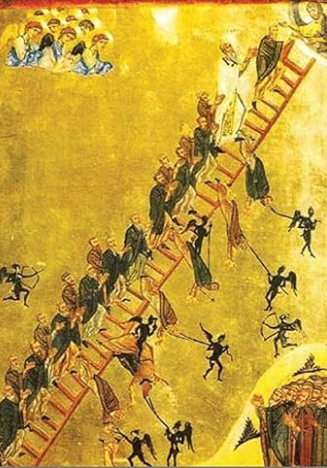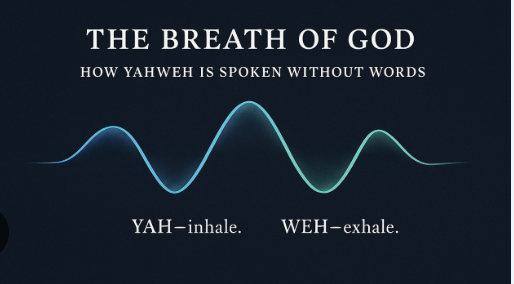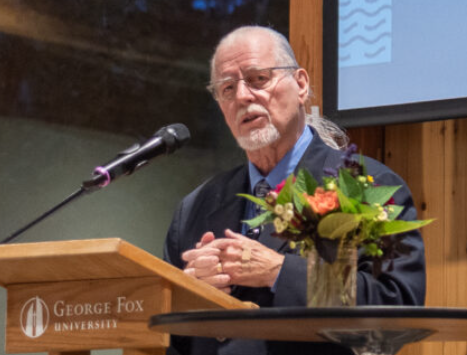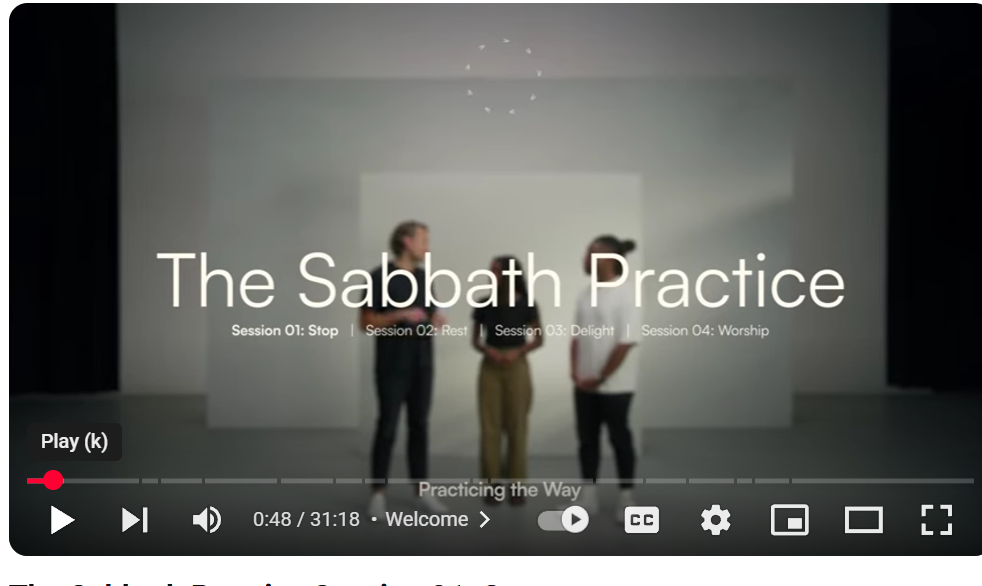
This article had two parts. The first part addresses the idea about the Bible being like a finger pointing to the sunset, which is similar to […]

This article has two parts. The first examines some of the Sayings of the Desert Fathers; the second part looks at the book by John Climacus, The Divine Ladder. […]

The idea that one speaks the name ‘Yahweh’ with each breath continues to spread. This is a false idea that demeans the character of God and spreads unbiblical notions about the breath and one’s connection to God. Examining this idea and exposing its falsehood is necessary in a world increasingly unmoored from the idea of objective truth.

This article gives an overview of the background and teachings of the Contemplative movement, also known as Contemplative Spirituality, the Spiritual Disciplines, Spiritual Formation, and mysticism.

The Ignatian Prayer of Examen is spreading through churches like a virus. Is the Examen a good practice? See whether there is a sound biblical basis for it.

There is nothing wrong with choosing to treat Sunday as a day of rest or selecting a day of rest and withdrawal from the usual activities. This article is not about that.
The issue is that this teaching on Sabbath is part of Contemplative teachings and Spiritual Disciplines, and these teachings do not have biblical support as I have shown in many articles on this website, as well as discussing the topic in online interviews. The so-called discipline of Sabbath, like the other disciplines, tends to take over and dominate what Scripture teaches on living the Christian life. But “Sabbath” sounds so biblical, therefore, people assume any teaching about it must be good. However, this article will attempt to demonstrate why the teaching in these videos is not based on the Bible….
Contemplative teachings use ordinary words or words from the Bible but have layers of hidden meaning in them…Translating Contemplative teachings is like peeling an onion and sometimes the layers seem to never end but only lead to other onion-like words with their multi-layers of meaning.

You may be wanting to speak to your church leaders if you have had concerns with John Mark Comer’s teachings, particularly if the church is using the Practicing the Way […]

Most of the book, Praying Like Monks, Living Like Fools, by Tyler Staton, is not about Contemplative practices. Staton uses what is often called the Lord’s Prayer as a template […]

What this adds up to is mysticism, and a mystical view is a natural result of contemplative practices that apparently have captivated Mackie. Mysticism is not a matter of transcending logic or thought; it is actually contra logic and thought. This is why all contemplative teachings downgrade the mind . It is always found in esoteric teachings that there is something profound beyond words and reason that one can experience – a hidden or secret experience and/or wisdom. This is exactly how I thought for over 20 years.
Mackie is planting not only the idea that gaining perception of “another reality” or a “super reality” is positive, but he is offering the means for it through the contemplative practices, which will alter perceptions over time.

Why so much about the body in the spiritual disciplines (Spiritual Formation)? One reasonable conclusion is that since prayer (and many of the disciplines) are elaborate practices involving the body in Contemplative teachings, a theology around the body is constructed to hold up the Contemplative edifice (since this edifice is not held up by Scripture). The attempt at scanctification via methods from men includes the attempt at sanctifying the body. But the fallen body is not sanctified nor can it be in this life for the Christian. That is why it will be made into a new glorified body, as was the body of Jesus upon his resurrection, in a future time.
